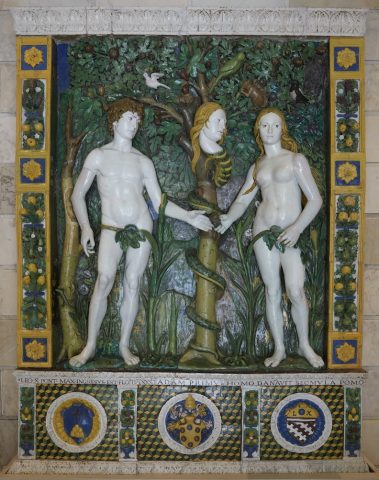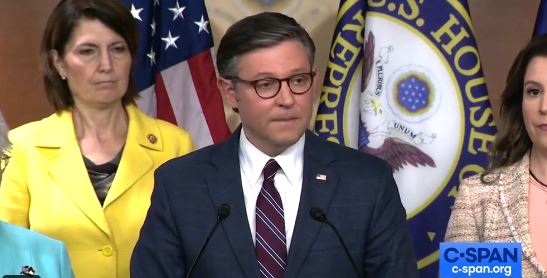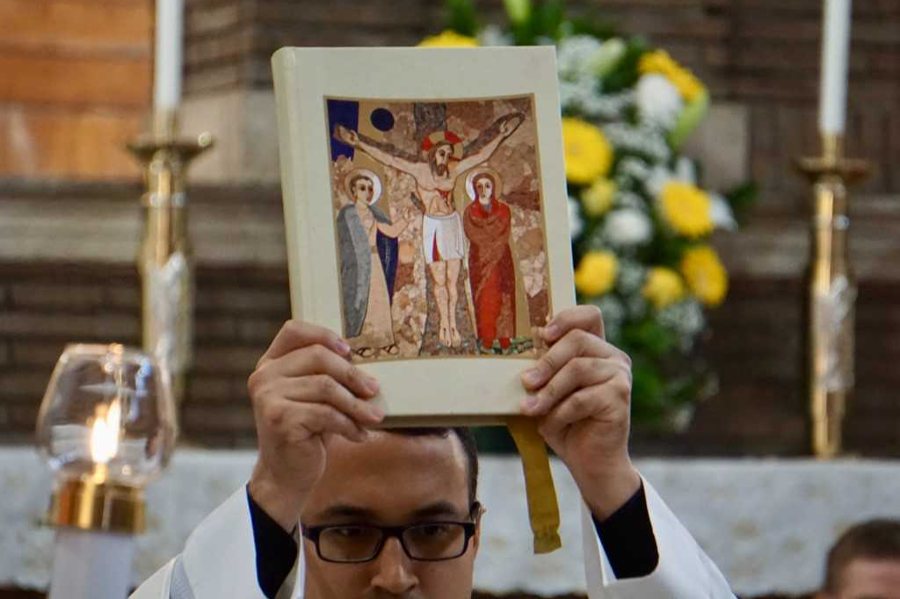By Robert Royal, The Catholic Thing April 9, 2024
Robert Royal is editor-in-chief of The Catholic Thing and president of the Faith & Reason Institute in Washington, D.C. His most recent books are Columbus and the Crisis of the West and A Deeper Vision: The Catholic Intellectual Tradition in the Twentieth Century.
 Reading the Declaration on Human Dignity (“Infinite Dignity”), issued by the Dicastery for the Doctrine of the Faith (DDF) yesterday, reminds me of an old teacher-student story. A student submits an assigned essay, and the teacher returns it with the comment, “What you’ve written here is both good and new. Unfortunately, what’s good in it is not new, and what’s new is not. . .” But let’s break off the story there. And following the Christian rule of charity in all things, say of the Declaration, what’s new in it is . . . yet to be determined.
Reading the Declaration on Human Dignity (“Infinite Dignity”), issued by the Dicastery for the Doctrine of the Faith (DDF) yesterday, reminds me of an old teacher-student story. A student submits an assigned essay, and the teacher returns it with the comment, “What you’ve written here is both good and new. Unfortunately, what’s good in it is not new, and what’s new is not. . .” But let’s break off the story there. And following the Christian rule of charity in all things, say of the Declaration, what’s new in it is . . . yet to be determined.
Because in roughly the first half of its sixty-six paragraphs, the document seeks to situate itself in line with recent popes and classical Catholic teaching. It cites Paul VI, JPII, Benedict, Francis (about half the citations, of course). And in a footnote even reaches back to Leo XIII, Piuses XI & XII, and the Vatican II documents Dignitatis humanae and Gaudium et spes. At the press conference introducing the Declaration, Cardinal Víctor Manuel Fernández, head of the DDF, made a point of opening with the observation that the very title of the text came from a 1980 speech St. John Paul gave to a handicapped group in Osnabrück, Germany. Indeed, said the Cardinal, it’s not by chance that the document is even officially dated April 2, the 19th anniversary of JPII’s death. …







